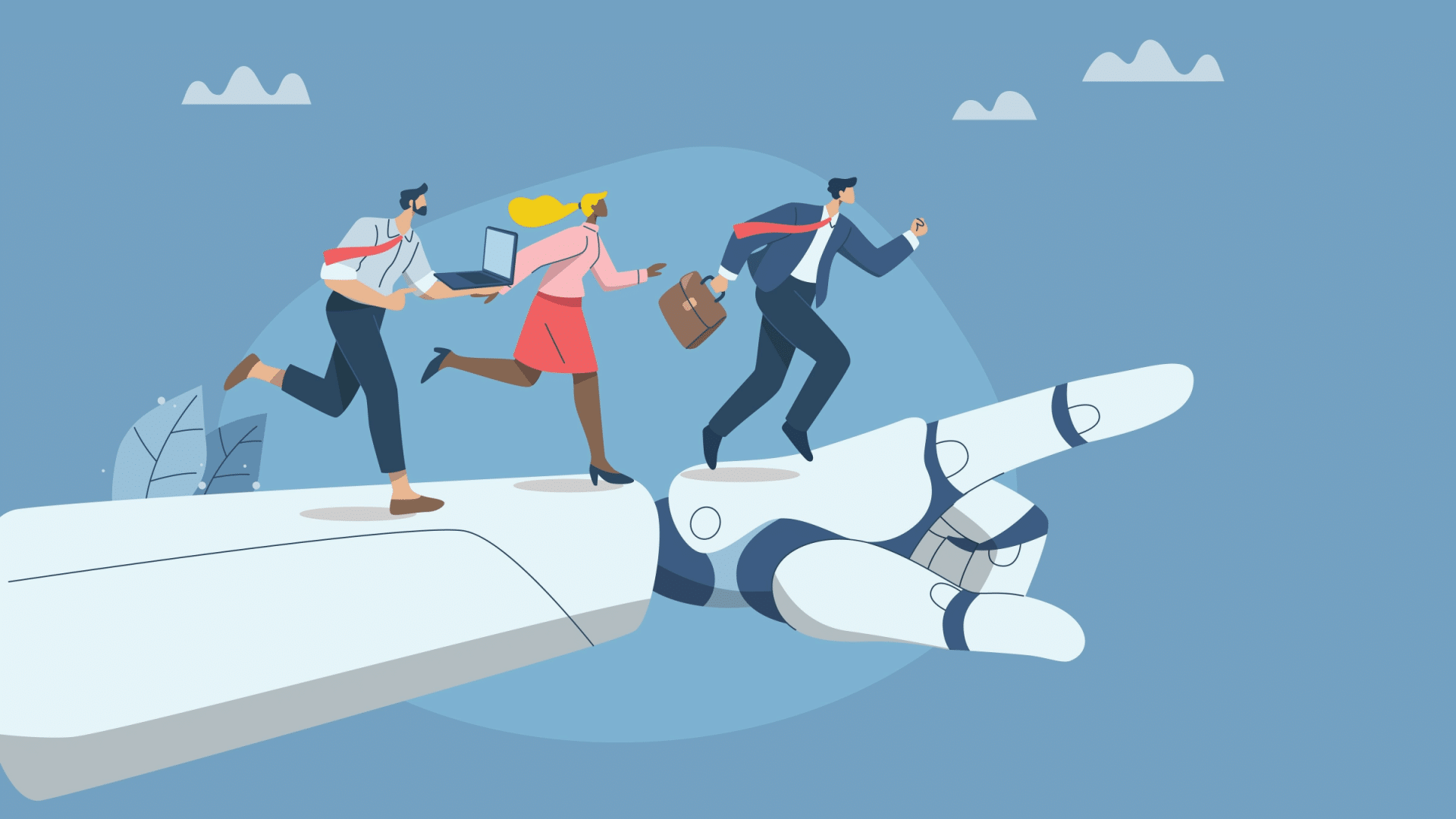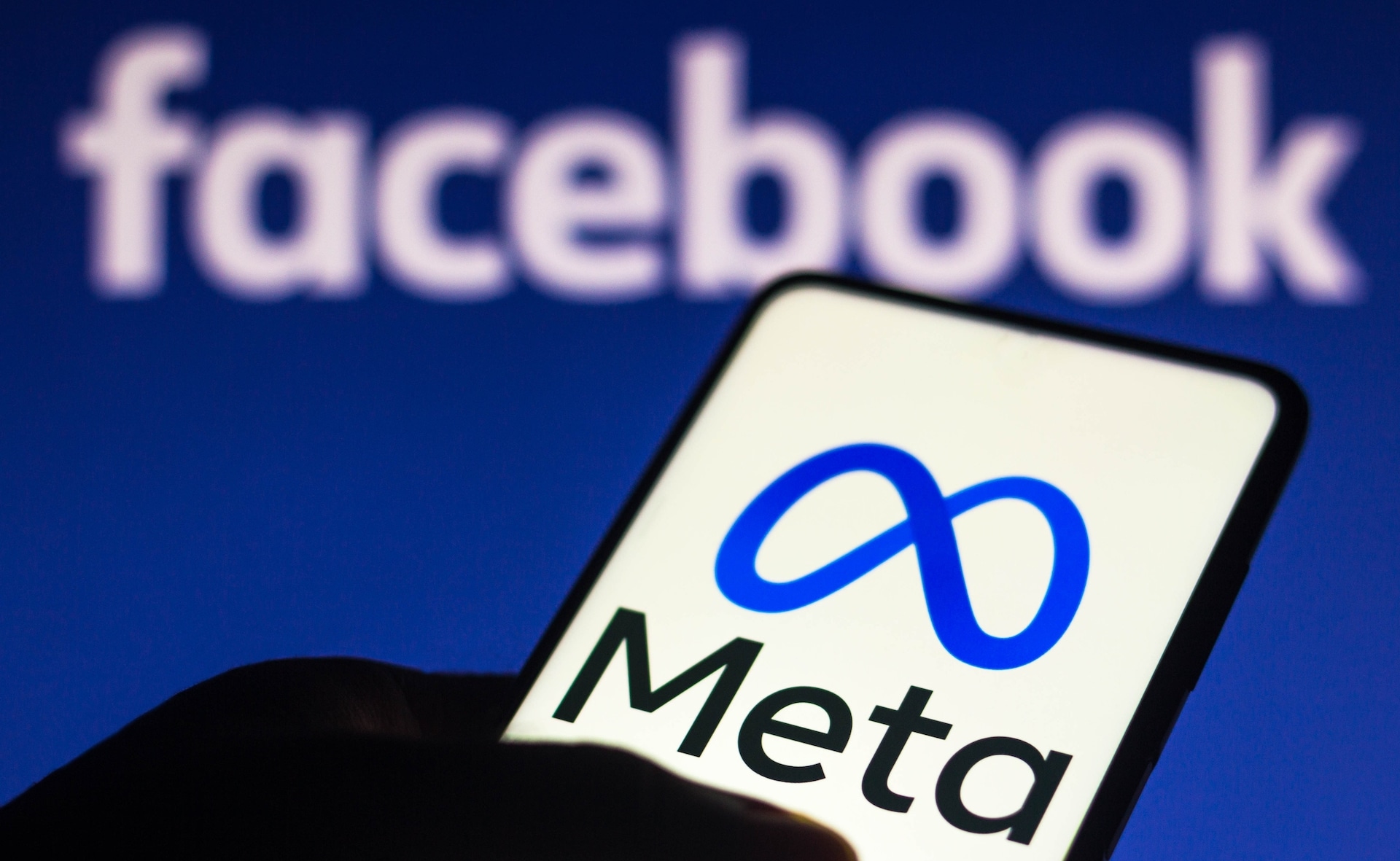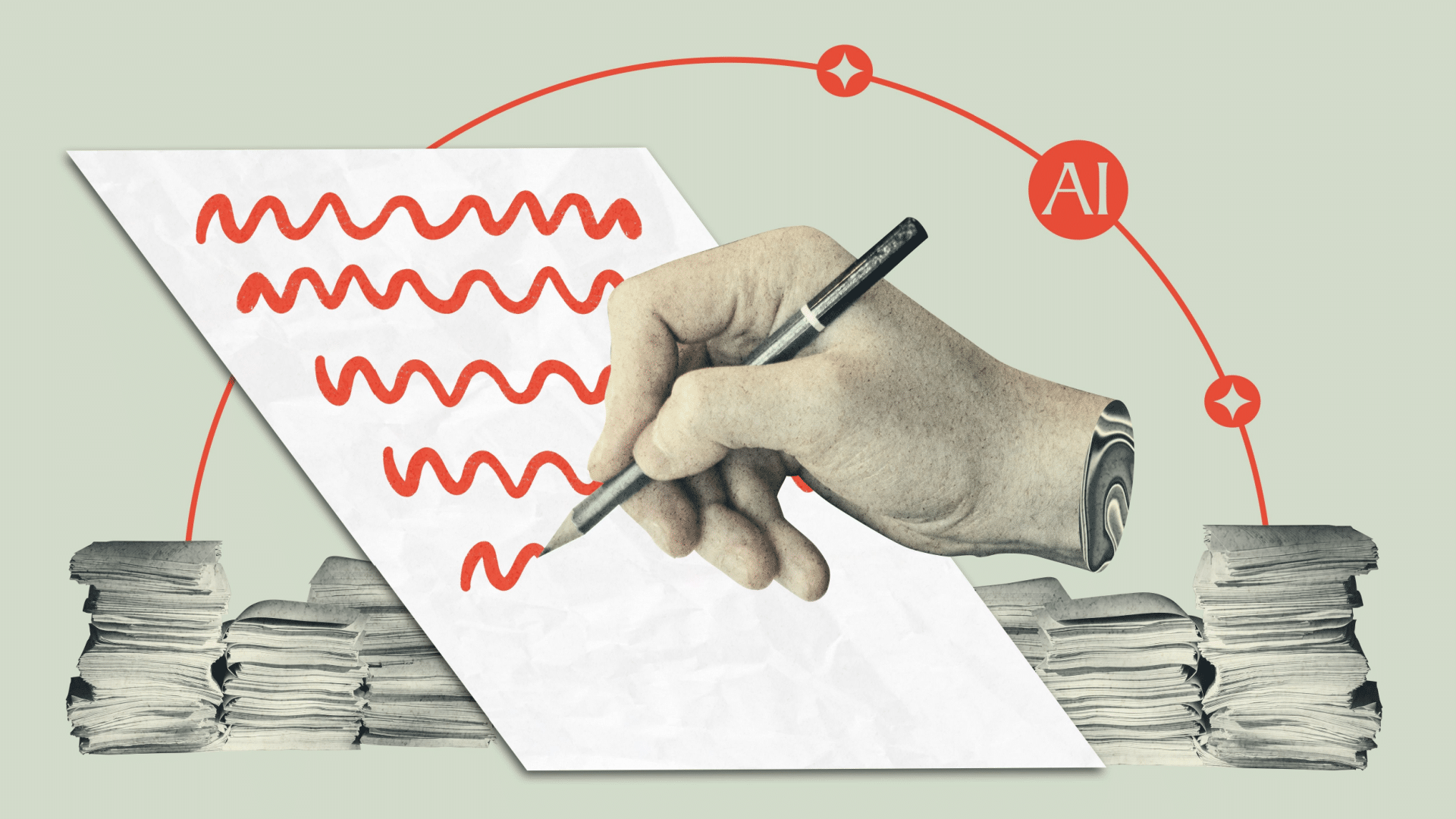The short answer is, “no.”
Perhaps a more relevant question is: Could AI render human SEO analysis and actions redundant? In other words, will AI eventually replace your job?
Early analysis suggests that AI still falls short, particularly in technical SEO analysis. While this study primarily used basic prompts, some users report better results with more detailed prompt crafting.
This raises an interesting point: If a generalist SEO manager were to replace you with AI, they would need to develop advanced prompt-crafting skills, potentially negating the need for specialized analysts.
Currently, it seems unlikely that your manager could easily replace you with AI, at least in the short term.
While AI can perform technical SEO analysis with detailed prompts, the knowledge required to craft such prompts favors technical analysts like yourself.
You might be better positioned to leverage AI for your own benefit, potentially reducing the need for certain management roles.
However, don’t celebrate too soon – as AI continues to evolve and absorb more information, this advantage may be temporary.”
Why does AI require technical prompting expertise?
AI aims to eliminate the need for semi-technical expertise. Where data is commonly highly structured (e.g., coding a Python script), AI holds an advantage.
But even then, the technical expertise of a human operator is still needed. While AI can create a script to perform a task, without detailed instructions and bug fixes from a human, the result won’t be usable.
Currently, generative AI bridges a gap by producing working functions when given detailed prompts. Since AI still “thinks” like a machine, technical individuals are best positioned to leverage its full potential.
Technical knowledge is still required with AI-assisted, on-page SEO tasks like generating product descriptions or alt text at scale. And even if you are familiar with OpenAI’s API, tools like Microsoft Excel are still needed to create thousands of prompts.
AI needs human instructions to function and the quality of these instructions is crucial for good output. Thinking like a machine (using IDs, classes and distinct entities) is key to successful AI-generated results. AI boosts efficiency for technical workers, so it’s important to embrace it rather than reject it.
While generative AI requires human input to produce anything (like analysis, text or images), crafting these instructions is a critical skill. Employers should consider their employees’ technical expertise when using AI for efficiency gains.
Why does AI perform poorly on SEO tasks with basic instructions?
Data is both AI’s strength and weakness.
For instance, Google Gemini and OpenAI’s GPT-4o, which can access vast web data, have not matched the performance of GPT-4, which uses a curated data model. Giving AI more data was believed to improve its performance, a key principle of machine learning.
However, this was also how we understood basic algorithms, which use pure information to produce results. For example, Google has recently tried to downplay the importance of PageRank.
While this is true ideologically, Google still relies on such data for search rankings. Similarly, AI struggles to handle subjective human input, even when it’s converted to numerical data, often producing unexpected results.
This raises the question: Is more information always beneficial to AI? The open web contains both empirical data and subjective opinions. AI struggles to distinguish between fact and fiction. Recently, giving AI access to non-curated data has caused more errors.
Finding the sweet spot for data input is the next challenge for AI developers. How much data helps or harms AI, and how much curation is needed?
Dig deeper: 6 guiding principles to leverage AI for SEO content production
Get the newsletter search marketers rely on.
Are we safe? Is AI limited?
There is some truth to this argument, though there is also some degree of false representation.
Like any technology, AI has limitations within its current form.
Generative AI can only act with human input. Even if this is not the case (as it may soon be), AI struggles to differentiate between fact and fiction.
Some algorithms have met their worth in terms of commercial viability. This is arguably why Google is trying to convince us that links are redundant before they truly are.
Consider AI as an evolution of algorithmic output. Now, such technologies can attempt to make analytical determinations based on their input data. However, the idea that feeding AI more and more data is an unrestricted path to success is already facing up against significant limitations.
This doesn’t mean technical analysts are safe. Humanity’s ambition for faster insights will continue. Initially, AI will be seen as the solution to everything. If one AI falls short, another can critique its results.
However, AI requires significant processing power. The real challenge will be finding the balance between AI and simpler algorithms. Algorithms should handle basic tasks, while AI should be used for analysis and insights.
This balance between AI and algorithmic efficiency is still some years (perhaps decades) from fruition. Only then will AI truly test us as SEO professionals and create the opportunity for redundancies.
AI’s learning is hindered by the web’s misinformation, providing SEO professionals with temporary insulation. This advantage won’t last forever, but it offers a valuable head start.
Dig deeper: How AI will affect the future of search
AI limitations: Factors of society
There are also limitations in terms of the societal acceptance of AI. Many technological innovations (the internet, the calculator) were originally considered “cheating” by wider society.
Calculators were banned from exam rooms, and the internet was considered to be a simpleton’s cheat sheet for research vs. visiting one’s local library. And yet, how long can such perspectives remain profitable?
Most technologies, despite rapid advancements, are not quickly accepted by society due to cost and sociological factors. We value our unique human perspective and resist technology that threatens our thinking or livelihoods.
The main barrier to AI replacing us is our own perception of it. As long as we see AI as a threat to our ability to provide, it won’t take our jobs. However, this perspective will change over time.
When these technologies become normalized, we will see change. By then, governments will have adapted, continuing to challenge human creativity.
Algorithms and Google didn’t end human interaction on the web, and AI won’t eliminate contributions from willing individuals.
In short, we will need to adapt in the medium-to-long term.
SEO in the AI age: Technical expertise still matters
As we adapt to the changing SEO landscape with AI, here are some key insights about our profession’s future:
- AI integration with SEO: Contrary to fears, AI will not render SEO obsolete. Instead, it will reshape our approach to SEO practices. AI aids in automating routine tasks such as generating on-page product descriptions and alt texts for images. However, its effectiveness (currently) hinges on the precision and technical depth of human input.
- Importance of technical expertise: The ability to craft detailed, technically sound prompts is becoming increasingly vital. This skill set ensures that AI tools are leveraged effectively, reinforcing the irreplaceable value of seasoned SEO professionals in an AI-driven landscape.
- Data sensitivity in AI performance: Experiments have shown that AI’s effectiveness in SEO varies significantly based on the data it processes. Systems that utilize curated datasets like GPT-4 exhibit different behaviors from those with unrestricted web access. This underscores the necessity for strategic data management and highlights AI’s limitations without structured human oversight.
- Evolving roles in SEO: As AI technologies advance, the role of SEO professionals is not diminishing but transforming. In the future, SEO experts will likely focus more on managing AI operations and refining AI outputs rather than being superseded by AI.
- Societal acceptance and technological adaptation: The widespread integration and acceptance of AI within SEO depend on how quickly society adapts to these technologies. As AI becomes normalized and regulations evolve, our roles will need to adapt accordingly.
- Future outlook: Despite AI’s growing capabilities, the nuanced, creative and complex elements of SEO will continue to require human insight and expertise. AI is not a replacement but a tool that, when used correctly, can amplify our effectiveness and efficiency.
The integration of AI into SEO is inevitable and transformative. It presents an opportunity for us to refine our skills and adapt our strategies.
The future of SEO will not be devoid of human input. Instead, it will be a collaborative interplay between human ingenuity and machine efficiency.
Dig deeper: How to start an SEO program from scratch in the AI age
Contributing authors are invited to create content for Search Engine Land and are chosen for their expertise and contribution to the search community. Our contributors work under the oversight of the editorial staff and contributions are checked for quality and relevance to our readers. The opinions they express are their own.








